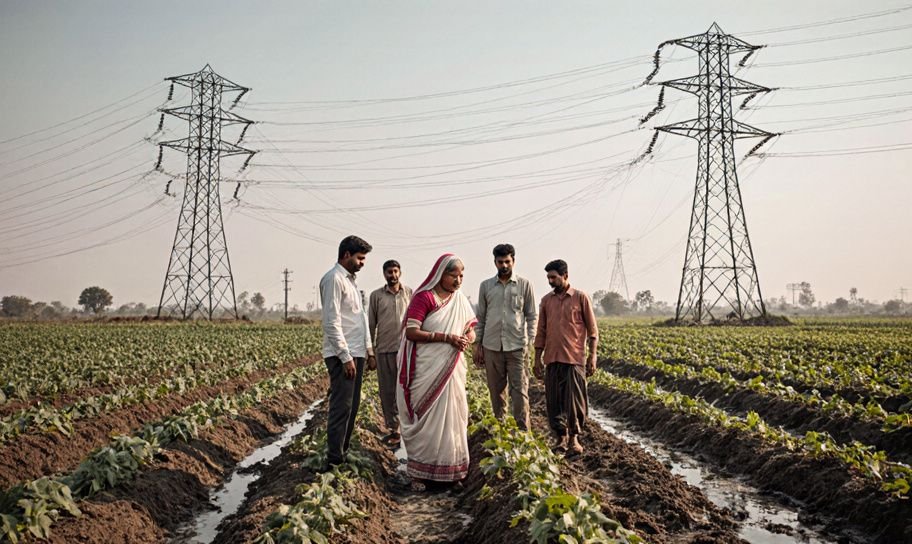
Here's a story about some farmers, a power company, and a legal battle over land compensation. The Bombay High Court had to decide whether these farmers could challenge a decision about payment for damage to their land.
Four farmers, including Bebibai Vishnu Salunke, took the Power Grid Corporation of India to court. They claimed the company damaged their farmland while installing telegraph lines, under Section 10 of the Indian Telegraph Act, 1885. They wanted payment for this damage.
The District Judge in Aurangabad ruled in favor of the farmers. The court ordered the Power Grid Corporation to pay them money for the damage. Bebibai was awarded Rs. 7,900, while the others received Rs. 2,232 each, plus 6% interest per year.
Unhappy with the payment, the farmers, represented by Mr. K. D. Jadhav, challenged the decision. They argued that their challenges were valid under Section 96 of the Civil Procedure Code, because their cases were treated as civil cases.
Mr. Girish Rane, representing the Power Grid Corporation, argued that the Indian Telegraph Act, 1885, made the District Court's decision final. According to Section 16(5) of the Act, no further challenges were allowed.
Judge Ajit B. Kadethankar ruled that the farmers couldn't challenge the decision under the Civil Procedure Code because the Telegraph Act made the District Court's decision final. The court decided not to dismiss the challenges but to return them, allowing the farmers to seek the right legal path.
The court suggested that the farmers could explore other legal options, like filing under Article 226 or 227 of the Constitution, for judicial review.
In summary, while the farmers couldn't challenge the decision as they hoped, the court left the door open for them to seek justice through other legal means.